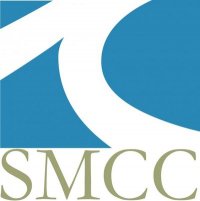Below is a summary of the abstract you submitted. Presenting author(s) is shown in bold.
If any changes need to be made, you can modify the abstract or change the authors.
You can also download a .docx version of this abstract.
If there are any problems, please email Dan at dar78@pitt.edu and he'll take care of them!
This abstract was last modified on March 21, 2023 at 8:46 a.m..

SMCC SEAPhages class focuses on isolating cluster EE phage that infect gram positive host Microbacterium spp. strain Casco Bay. Finding phage that infect this host can be a challenge since marine environments are dominated by gram negative bacteria (Jensen et al, 1995). Traditional wet bench methods for finding phages are reliable, but not fast or selective. Using cluster specific eDNA assays to pre-screen samples for desired phage could accelerate phage discovery and targeting. Environmental DNA (eDNA) can be used to identify the presence of cryptic organisms using bulk collection methods (Barnes et al, 2015). Quantitative PCR (qPCR) may be used to determine presence or absence of species, or the relative abundance of their DNA (Bruce et al, 2021). Cluster EE phages have small genomes (~28 genes) and are known to be congruent (Jacobs-Sera, 2022), making them ideal for developing qPCR assays. Our goal with this project was to determine if EE phage DNA could be detected using qPCR, then cultured using traditional methods.
